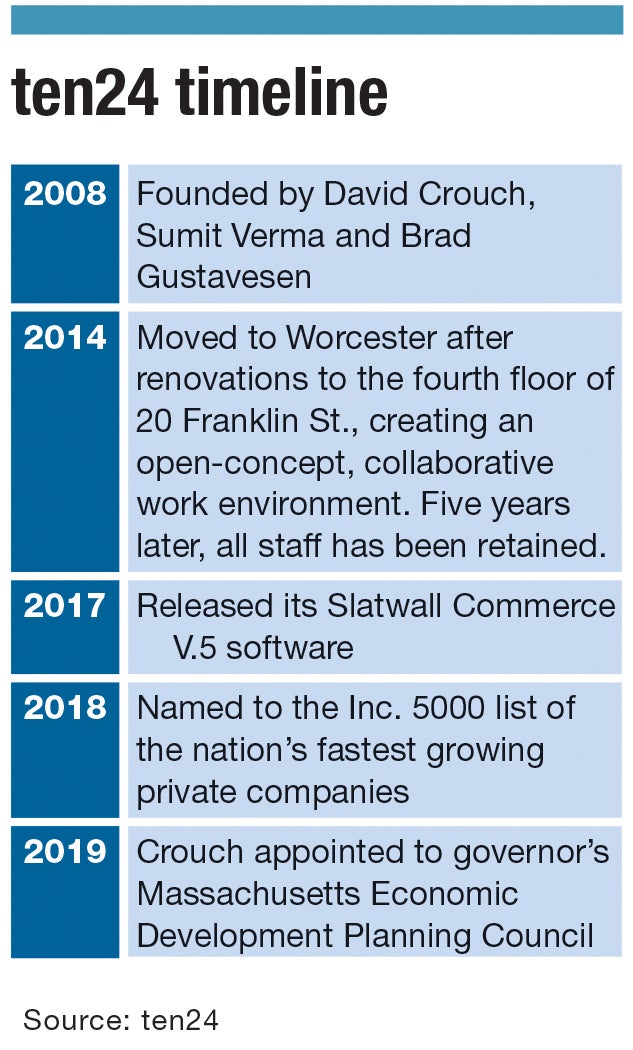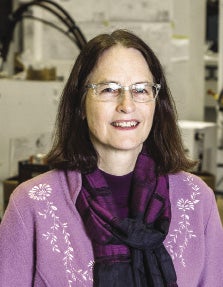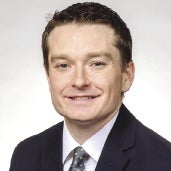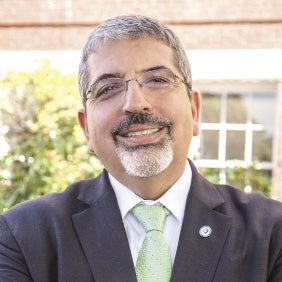At the intersection of technology companies, startups, and Worcester small businesses is ten24 and its president, David Crouch.

ten24 specializes in cloud-based software, a company riding the long-term transition to a regional economy based on service and technology. Crouch founded ten24 in 2008 and moved it to Worcester five years ago.
In May, Crouch became one of 36 people across the state appointed to the Massachusetts Economic Development Planning Council, tasked with providing recommendations to Gov. Charlie Baker on how to maximize the state’s economic future. Crouch has never been on a council like this before, but his unique point of view will help the council’s input.
“As part of this council, priorities for me are listening to the state as a whole and what the different businesses are talking about, but also having a focus on the Worcester area and what things can help us and this community and my business as well,” Crouch said.
Creating a workforce
One of the biggest stresses for Crouch lies in workforce development.
“There are common issues that everyone is talking about and seem to be high priority. One is workforce development,” Crouch said.
All around the state, different industries are suffering from not having the necessary amount of skilled workers to fill their positions, he said.
ten24 competes with software companies around the country for software engineers. Manufacturers are constantly looking and recruiting machine engineers, struggling to fill the roles.

Part of developing a workforce within a region is having the infrastructure to support workers through amenities like transportation, housing, entertainment and a desirable lifestyle. Worcester, though surrounded by colleges potentially providing a young, robust workforce, has trouble enticing students to stay after graduation, Crouch said.
“Part of it is doing whatever we can do to make Massachusetts and Central Mass. more attractive to students coming out,” said Crouch.
First listen, then understand
Massachusetts law requires the formation of an Economic Development Planning Council every four years to inform the governor of the needs of businesses. The council meets in regions all around Massachusetts, having up to eight round table discussions on topics like business growth and startup companies for roughly 40 minutes.
Through these conversations, the representatives gain perspective on local economic challenges and what people want to happen. They facilitate important and productive conversation between community and council members to help them to formulate their input for the governor’s economic plan.
“This council is more than a requirement for us,” said Lt. Gov. Karyn Polito, at the Worcester regional meeting of the council, held at the end of May.
Crouch was recommended to the council by Craig Blais, president & CEO of the Worcester Business Development Corp., who sat on the council four years ago. ten24’s building is a WBDC development, which is how the two got to know each other.
The other members of the council from Central Massachusetts are Leslie Greis, owner and founder of Worcester manufacturer Kinefac Corp.; Luis Pedraja, Quinsigamond Community College president; and Dan Rea, executive vice president of real estate development for the Pawtucket Red Sox, who are moving to Worcester in 2021.



Crouch did not know much about the council or its role beforehand. However, since going to the induction ceremony on May 13 and his first meeting in Springfield, Crouch has gained a lot from this process. Simply hearing people discuss challenges and areas they want to improve help bolster his perspective on the state’s economy.
They “asked us to go to these meetings to listen, more than anything else,” Crouch said.
Crouch learned a lot just in his first session in Springfield, learning about differing economic and social needs within a large city other than Worcester. The needs in Springfield and Worcester, though, were similar, he said, such as needing better workforce development.
After Springfield’s meeting, Crouch reflected on how a lot of capital is concentrated in the Boston area. Further away from Boston, producing working capital becomes much more difficult. Worcester businesses could benefit from having more local resources, whether it be money, people, or buildings, he said.
“From conversations we had when we got together as a council and everyone went around and talked about some of the things they’re interested in and are top of mind for them personally and from what we heard in Springfield … it’s pretty common. Workforce development, housing, transportation were all common themes,” said Crouch.
These shared priorities allow each of these different regions and business to find hope within the council’s input to the governor, he said.
Growing the Worcester economy
For Central Mass. to facilitate more growth, close the skills gap and improve housing, the council must show Greater Worcester’s importance in the state’s economy, said Mike Kennealy, secretary of the Massachusetts Executive Office of Housing and Economic Development.
“We must do a better job of telling the story of this region,” he said.
The council can reflect on what has and has not worked since the last set of input four years ago. Polito stressed the need for increasing awareness and encouraging organic growth.
“There are a lot of good programs,” said Polito, “but there is also a lack of awareness of them.”
After all of the discussions are completed, the council will meet to formulate suggestions for the governor. The governor will use the council’s input to create a plan to be given back to the council for commentary in September.
Though Crouch is not completely sure of how the council’s input will actually be utilized, he is excited for the growth nonetheless.
“The economic development within Massachusetts and within Worcester for us is super important and well worth the time and effort,” Crouch said.
